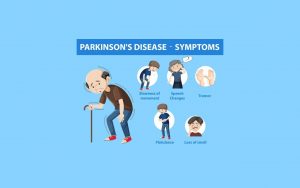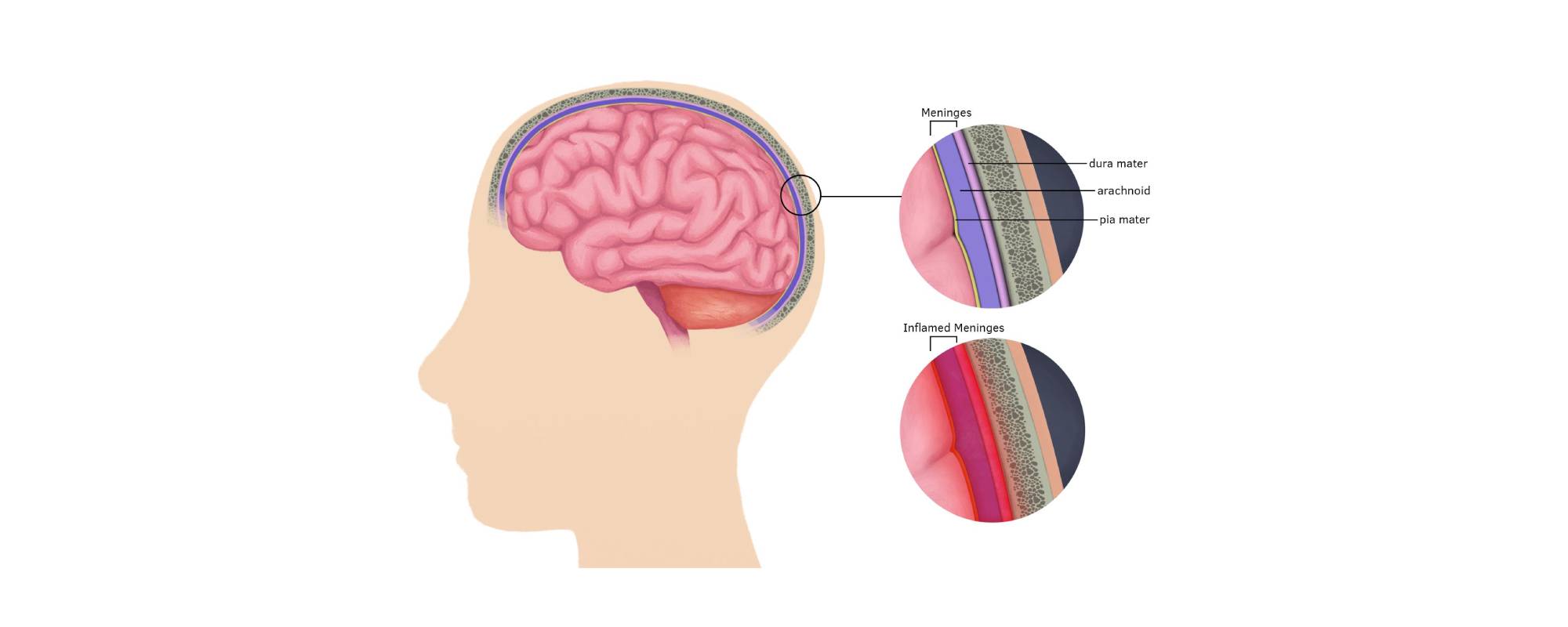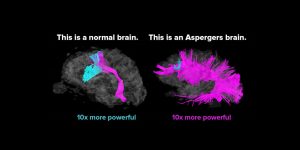It allows those diagnosed with it to improve their day-to-day lives. This benefit occurs through the way CBD impacts the body, such as improving blood flow to the brain and regulating mood.
However, more research needs to be conducted to ensure CBD’s safety and efficacy.
Most people use the term “dementia” broadly to refer to the signs and symptoms associated with the progressive deterioration of cognitive functions. Such symptoms include memory loss, difficulty solving problems, speaking and thinking, mood changes, and changes in behavior, perception and personality. This broad reference often assumes that a person has Alzheimer’s dementia, but there are actually five other, less common, types of dementia. One of those types is vascular dementia.
As of 2018, 50 million people live with dementia worldwide. While Alzheimer’s disease is the most common type of dementia, vascular dementia is the second most common, with prevalence rates increasing with an aging population. Unlike with Alzheimer’s disease, which is thought to occur because of unusual activity in the brain, vascular dementia is the result of reduced blood supply to the brain due to damaged blood vessels. When the blood cells in the brain do not receive enough oxygen, they begin to die, thereby resulting in the familiar symptoms of dementia, including problems with thinking, remembering and reasoning.
Unfortunately, there is no way to alter the course of dementia or to undo the damage that has already occurred. However, research has revealed ways to manage the neuropsychiatric symptoms of the disease so that patients can lead as fulfilling lives as possible, for as long as possible. When used in combination with other forms of treatment, such as therapeutic and pharmacological, cannabis for dementia shows some promise.
Though there is lack of research for CBD for Alzheimer’s, what evidence is available suggests that patients may be able to use CBD for mood swings, agitation, irritability, aggression and other behavioural symptoms associated with vascular dementia. Additionally, though there is limited evidence that shows that cannabis use can help to improve patients’ cognitive scores, researchers did notice a marked improvement in disinhibition, aberrant motor behavior, aberrant vocalization, nocturnal behavior and resting care.
The evidence is certainly shaky when it comes to the use of cannabis for improving cognitive function. However, a 2016 study found that activating the cannabinoid receptors in the brains of animals helped to improve blood flow to that region. What’s more amazing is that reducing oxygen buildup helped to increase brain activity while simultaneously reducing the damage that occurred to cells. Of course, there is still a lot of research that needs to be done on the phenomenon, but the initial findings were promising.
Research is revealing multiple positive health benefits of using CBD oil. Managing the symptoms of dementia is just one of them, which is why patients who live in Canada can access prescriptions for cannabis to manage neuropsychiatric symptoms. If you know someone who lives with vascular dementia, or if you yourself have begun to develop symptoms, look into CBD oil as a solution today.

Parkinson’s disease is a degenerative neurological disease that primarily impacts movement. Parkinson’s symptoms include tremors, muscle rigidity, slowing of movement, impaired balance, changes to speech...
Read More
Meningitis is the term used to describe the inflammation of the fluid surrounding the brain and spinal cord and the meninges, or the membranes, that...
Read More
Some researchers are starting to explore what the impacts on atypical depression are. Understanding the current state of research could help you to make better...
Read More
Depressive psychosis is a mood disorder that is very serious and should never be taken lightly. In most cases, it requires immediate hospitalization to protect...
Read More
CBD manages the symptoms of PHIT ADHD through the endocannabinoid system by acting as an anti-depressant and helping to reduce impulsivity and hyperactivity
Read More
CBD oil reduces anxiety and stress, two common side effects and symptoms of ADHD. This makes CBD a potential tool for those diagnosed with combined...
Read More
Can CBD oil be used to help treat people with Asperger Syndrome? Smart CBD Hub explores the research and potential benefits for Asperger’s patients.
Read More
Encephalitis is severe swelling of the brain. Research supports the use of CBD for brain inflammation and swelling and to control immune response.
Read More
As ADHD is increasingly diagnosed in adults and children, many people are turning to CBD oil for ADD/ADHD symptom management and as a replacement for...
Read More